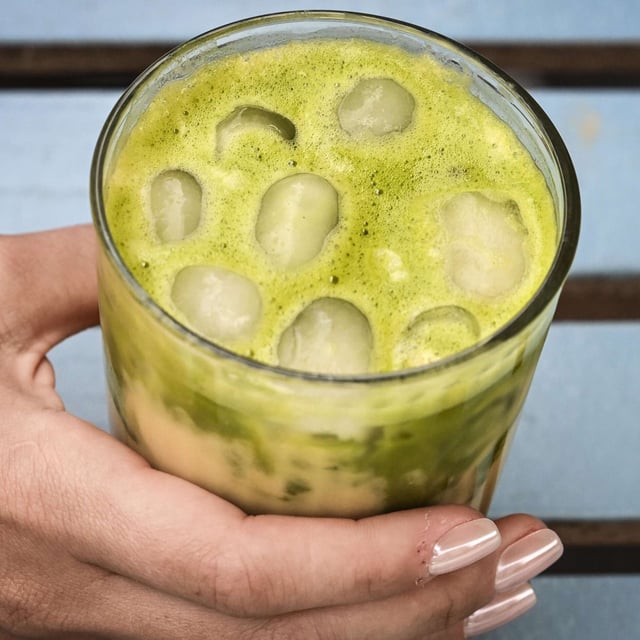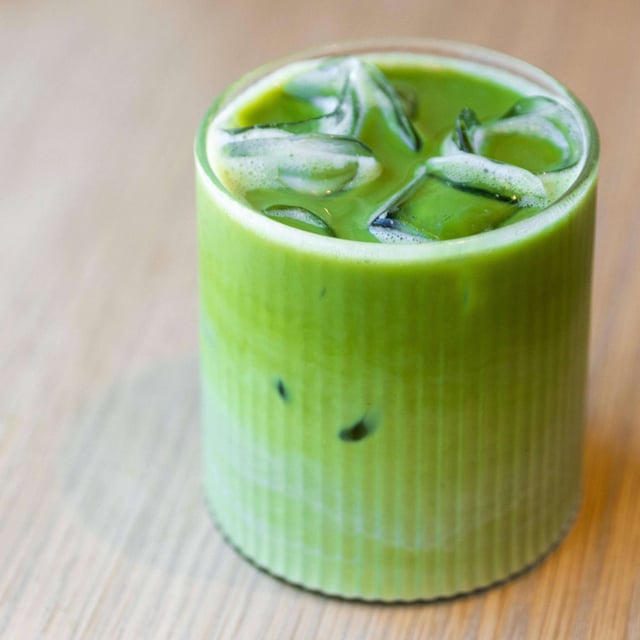Overview
- Producers in Japan have imposed sales limits to manage genuine supply shortages caused by a social media–driven matcha craze.
- The government is preparing subsidies for tea cultivation to boost output hampered by long plant maturation periods and an aging farmer population.
- Germany alone imported 240 tonnes of matcha from January to August 2024, representing a 240% increase over the previous year.
- Cafés worldwide are featuring iced matcha lattes as a summer staple and consumers are increasingly brewing the drink at home.
- Experiments with non-Japanese matcha variants are underway abroad, but most fall short of the quality of traditional stone-ground Japanese powder.

